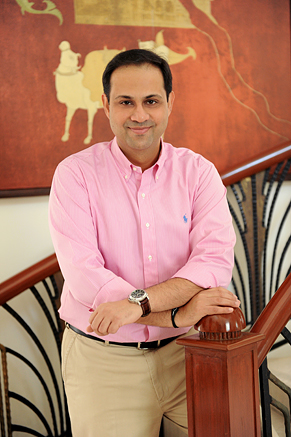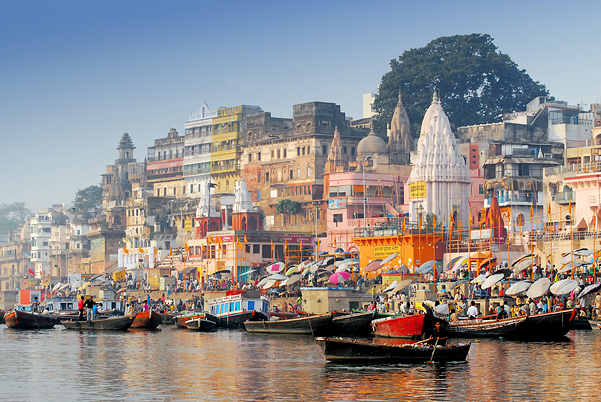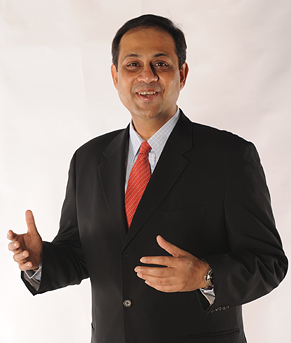Why did the Bajaj Group, which was really known as a scooter company, decide to go into financial services?
Sanjiv Bajaj: The interesting answer to that is that we didn’t. When the government opened up the insurance market to the private sector in the late 1990s, a number of foreign insurers were interested. However, as regulation restricted them to owning 26% of an Indian company, they needed a local partner. A number of foreign companies approached Bajaj for a partnership. It was my father who dealt with them, but he maintained that we should focus on what we did well already and build our existing businesses to world-class companies: motorcycles, auto-rickshaws, electrical appliances and steel. Insurance was not something that we should shoot for.
So what changed your minds?
We realized that insurance could be an interesting way to develop a financial services business. We had a small finance company that gave loans against our own motorcycles, that was our limited presence in financial services. What triggered the Bajaj-Allianz cooperation was the tremendous comfort that we had with Allianz when they approached us.
We believe in running our operations with the highest level of integrity and transparency. We also like to build businesses based on long-term sustainability and profit. Allianz were keen to find a partner in India who thought in the same conservative long-term manner as them. We believed that it was a good opportunity. It took a lot of convincing to get us involved in the partnership, but I am glad that we did that, though to be honest, I don’t think any of us expected the business to grow to be as successful as it is today.
The philosophical underpinnings of the Bajaj Group are quite unique. I refer to Jamnalal, your great-grandfather, and his belief that inherited wealth is a sacred trust to be used for the benefit of the people, as well as his close association with Mahatma Gandhi.
That is absolutely correct. The values that exist across our businesses are based on those he got from Gandhiji. Of course, as the business develops, you do what you need to do to continue to build it. But we are very clear we will never compromise on ethics or transparency.
On that point, in 2011 India dropped 11 places on the Transparency International Corruption Index. Is corruption in India getting worse?
Previously, corruption existed when the government was handing out big contracts. In some areas there was an unholy axis between business and government, but once you received your license you built a business based on your own capabilities. Over the last 10 years it has become far unhealthier with some businesses pro-actively paying certain politicians for specific favors. This blew up dramatically, amongst other examples, during the Commonwealth Games preparations. This is affecting business sentiment in India and has contributed to the economic slowdown. I honestly wouldn’t mind if the economy slowed down for a couple of years in order to clean this out. I believe India has such great promise that you can’t afford for a few corrupt people – business people, politicians or bureaucrats – to hold the country to ransom. An honest person must be able to work in this country, and it’s getting increasingly difficult to do so.


